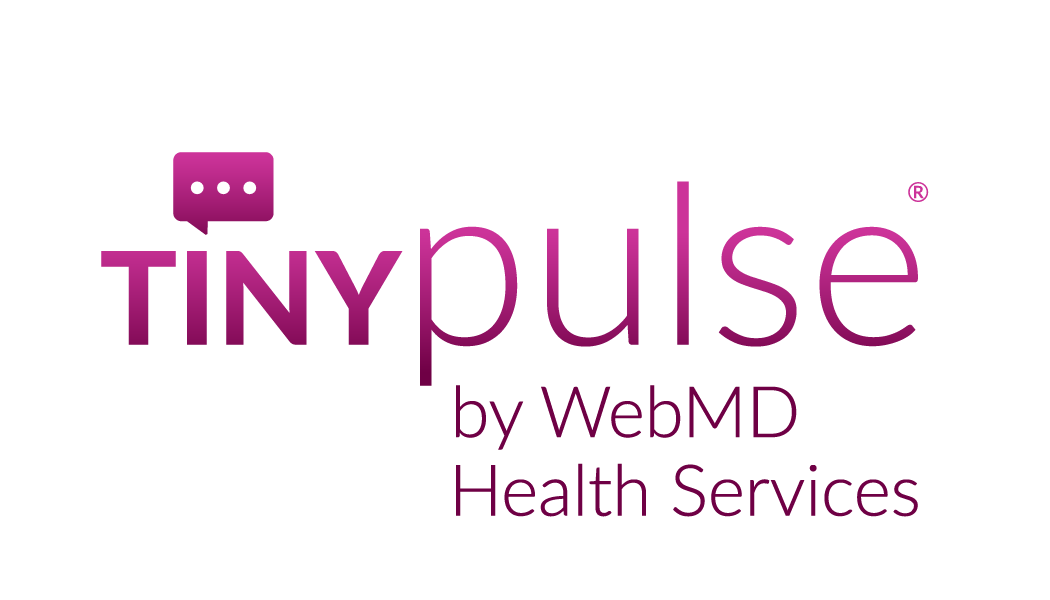Emotional Intelligence: What Is It and How Does It Build Better Teams?
Emotional intelligence or EQ (for “emotional quotient”) is more than a buzzword: it’s become increasingly valuable in modern workplaces.
More than one in five workers consider emotional intelligence more important than IQ, and two-thirds believe they’re equally helpful.
Research by The World Economic Forum highlights the growing emphasis on emotional intelligence, revealing that there will be a “particular increase in demand” for EQ (as well as “creativity, originality and initiative” and “leadership and social influence”).
And 36% of executives questioned for a 2019 survey believed that emotional intelligence would become a “must-have” skill by 2022.
But why does emotional intelligence matter so much? And how can you become more emotionally intelligent?
Join us as we answer these and other questions to help you build a more productive, harmonious workplace.
What Does Emotional Intelligence Mean?
In an article for the Chicago Tribune, writer Rex Huppke defined a person with emotional intelligence as being able to “recognize and understand [their] own reactions to workplace events” and “recognizing, understanding and appreciating the responses of others.”
Two university professors, John Mayer and Peter Salovey helped increase awareness of emotional intelligence with their work in the 1990s. They found that some people are better at recognizing their own and others’ feelings and solving issues involving emotions.
Daniel Goleman, an author, incorporated Mayer and Salovey’s research into his 1995 book “Emotional Intelligence.” He brought the concept to broader attention and shared his model of emotional intelligence. The five core elements are:
- Knowing your emotions
- Managing your emotions
- Motivating yourself
- Recognizing and understanding others’ emotions
- Managing relationships based on an understanding of others’ emotions
These are organized into four groups, each with specific criteria:
Self-awareness:
- Having self-confidence
- Being aware of your emotional condition
- Understanding how your behavior affects others
- Recognizing how others affect your emotional state
Social awareness:
- Recognizing the emotions of others
- Caring about others’ experiences
- Actively listening to others when they speak
Self-management:
- Keeping emotions that may be disruptive under control
- Acting in a way that aligns with personal values
- Being flexible in adjusting to change
- Continuing to work towards goals regardless of setbacks
Relationship management:
- An ability to get along well with others
- Dealing with conflict in a responsible, effective way
- Expressing information and ideas clearly
- Interacting with others successfully based on sensitivity towards their feelings
Why Does Emotional Intelligence Matter in the Workplace?
A wealth of research demonstrates why emotional intelligence matters to employees and workplaces:
- A UC Berkeley study found that EQ was 4x more powerful than IQ in predicting who would succeed in their field, suggesting that high emotional intelligence could help workers reach their career goals.
- Eighty-six percent of employees agree that a coworker’s inability to control their emotions affects their perception of the individual’s professionalism, demonstrating that low emotional intelligence can create disharmony among teams.
- Hiring employees based on emotional intelligence has reduced turnover by 63%, indicating better engagement and company loyalty.
- Workers with high EQ produced double the revenue of people with lower EQ.
Research shows that people lacking emotional intelligence, specifically with regards to self-reflection, are more likely to:
- Blame others
- Struggle to learn from experiences and mistakes
- Find it hard to self-correct
- Struggle to solve problems
- Fail to recognize that they can choose their response to situations
- Play the role of a victim or refuse to take responsibility
- Find it hard to reflect on how they reach an outcome
- Potentially sabotage outcomes
These issues can create real problems when working as part of a team. People with low emotional intelligence may be unable to bond with coworkers, admit when they have made a mistake, learn from their errors, or develop their skills based on feedback.
They can cause friction between coworkers, disrupt team dynamics, and ultimately make the person with low emotional intelligence hard to trust.
On the other hand, people with higher emotional intelligence will find it easier to work well with others, understand how their behaviors or words may affect others, own up to poor decisions, and keep learning from experiences. They will be more empathetic and better listeners. People may be more likely to trust them and want to work alongside them.
How Can You Become More Emotionally Intelligent?
Follow these five tips to improve your emotional intelligence in the workplace:
Increase Your Self-Awareness
It would help if you got in touch with your own emotions before understanding others better.
Begin by paying more attention to the way you feel throughout a given day. Focus on your emotional responses to certain situations. For example, how do you feel when a manager critiques your work, or an employee doesn’t perform a task as requested?
Angry? Sad? Does it affect your sense of self-worth? Try to identify those situations that trigger your strongest emotions. This process can help you with the next step.
Exercise Self-Regulation
Developing a deeper understanding of your own emotions is a crucial first step in improving your EQ: you can manage your responses to different situations in the workplace.
For example, things will go wrong from time to time. You may not achieve the results you were hoping for with a new sales strategy, or you could lose a valuable client. This outcome may be a direct result of a decision you make, or it might be entirely outside your control.
In either case, try to keep the situation in perspective and focus on finding a practical solution rather than losing your temper. You can become a victim of your emotions and do something you’ll regret, such as unfairly blaming an employee or coworker in front of colleagues.
This could affect how others see you, damage their trust in you, and possibly prompt decision-makers to question your value.
Get into the habit of recognizing when you may be struggling to handle your emotions responsibly and find ways to distract yourself until the moment passes. You may want to take a walk around the block, retreat to a breakout area, or have a relaxing coffee with a colleague.
Work on Your Social Skills
Social skills are a vital part of good teamwork. You need to communicate effectively, articulate your thoughts and ideas, and hear what others have to say.
One critical social skill is actively listening. Focus on what people tell you and engage with them rather than waiting for your turn to speak. Ask questions about how a situation they’re describing makes them feel. Offer to help if they appear upset. Show that you care, whether it relates to a specific project, task, or conflict.
Employees may offer a coworker public praise, such as TINYpulse’s Cheers for Peers tool, to lift their mood and encourage them to stay positive if they’re having a tough day.
Another social skill involves body language. Does someone appear jittery and on edge? Are they angry at you but trying not to show it?
Recognizing nonverbal communication in others can help you interact with others in a more meaningful way, gauge how your words affect them, and ultimately build stronger workplace relationships.
Assess Your Motivation and Personal Goals
The ability to self-motivate is considered an essential emotional intelligence factor, rather than depending on others to bring out your best. Some management teams may pay careful attention to employee motivation and put incentives in place to stimulate workers.
Others, though, may consider a paycheck all the motivation workers need to be productive.
But self-motivation is a vital skill in any type of workplace: driving yourself to perform at your best can help you stand out, improve your skills, and feel more enthusiastic about your work.
Start by trying to find at least one thing about your job that excites you. That could be the sense of accomplishment when you sign a new client or discover new tools that boost your productivity. Use the promise of these positive outcomes to motivate yourself.
Develop Your Empathy to Build Stronger Bonds With Coworkers
Becoming more empathetic towards coworkers, managers, and employees can help you feel more connected to them. This understanding leads to better collaboration, a more transparent exchange of ideas, and a better workplace atmosphere.
Try to see things from others’ perspectives and use this to discuss an issue, whether you or they feel wronged. Keep a cool head and accept that the other person’s viewpoint could be just as valid as your own. You may find it easier to reach a solution and move on.
Allow others to share their thoughts and feelings too. For example, managers should collect employee feedback using a tool like TINYpulse Engage. Workers can provide feedback anonymously to provide management with invaluable insights into their experience in the workplace. Managers should use this information to address issues and create a better environment for everyone.
Conclusion
Emotional intelligence is increasingly valued in the workplace as businesses recognize how higher EQ typically equates to better productivity, drive, and success.
Employees and managers who become more aware of their own emotions, and those of others, can manage both better. Better awareness can lead to better decision-making, teamwork, and results down the line.
TINYpulse empowers managers with an innovative toolset that allows for better communication, recognition, motivation, and understanding based on direct feedback. Book your TINYpulse demo to learn more about how it can help your business.
Share this
You May Also Like
These Related Stories
What Are the Four Main Communication Styles in the Workplace?


.png?width=534&height=632&name=blog%20ad%20(1).png)
